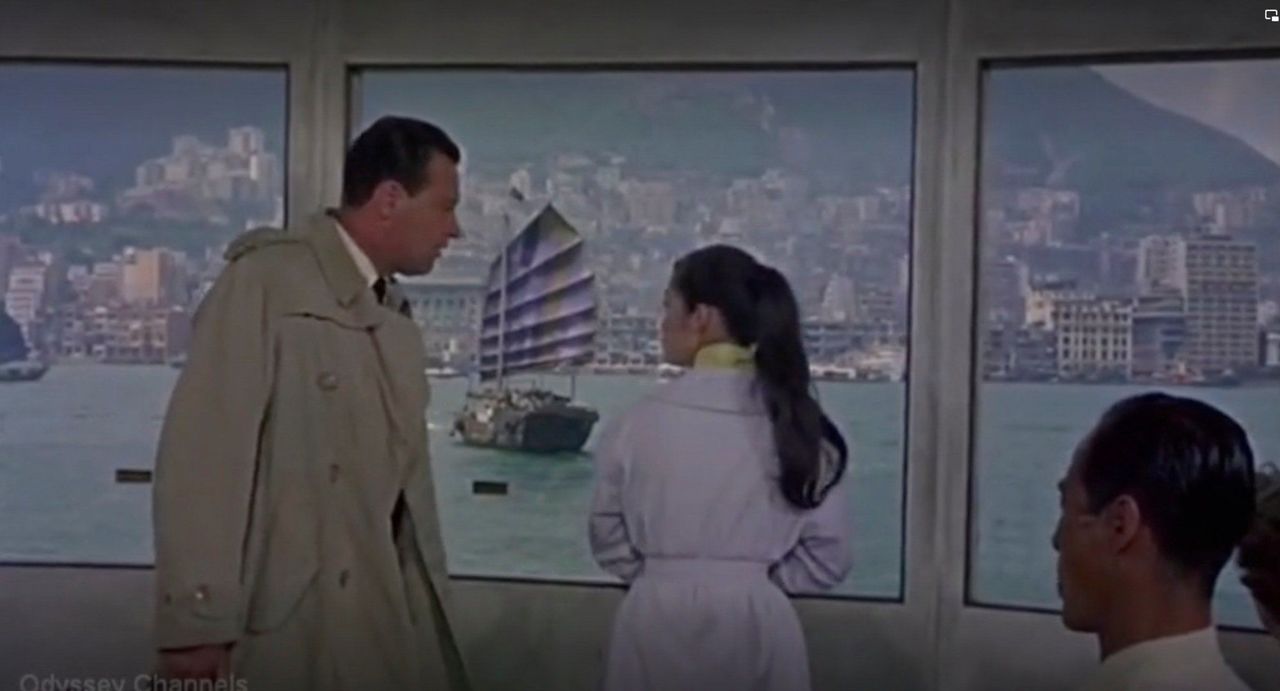Hong Kong News

Keep Hong Kong’s tourism brand in line with the times
With the government launching a global “Hello Hong Kong” promotion campaign featuring videos broadcast on different platforms worldwide and 500,000 free air tickets to be distributed globally, Hong Kong is ready to receive a surge in “revenge” travellers seeking to get away after lengthy lockdowns and social restrictions.
Under the campaign, delegations spearheaded by the government will reach out to various parts of the world, including the mainland. They aim to foster cultural exchanges and trade while presenting the story of the city under “one country, two systems”.
Even with today’s convenient video conferencing and personal communication apps, high-level face-to-face interactions by such delegations can sometimes deliver better business results. Chief Executive John Lee Ka-chiu’s visit to Saudi Arabia with a high-level delegation is a case in point.
During the visit, Lee reached an agreement to bring the Aramco Team Series women’s golf tournaments – sponsored by Saudi Aramco, one of the world’s largest oil companies – to Hong Kong for the first time. It is hoped that subsequent delegations dispatched around the world will continue to bring good news.
The “Hello Hong Kong” campaign is arguably a long time coming, given that the tourism and hospitality sectors eagerly await a revival in post-Covid Hong Kong.
I am certain this campaign is the collective work of many experts and visionaries, but I would like to contribute my two cents on how to further enrich and strengthen the campaign from the angle of promoting the city.
The various promotional videos for the “Hello Hong Kong” campaign featuring Cantopop celebrities will certainly attract tourists from China, Southeast Asia and ethnic diaspora communities in North America. However, these celebrities might not be as well-known among non-ethnic Chinese communities.
Would it be worth inviting foreign celebrities and well-known, non-Chinese public figures to feature in some of these videos to present a Hong Kong narrative?
Furthermore, cities can rise and fall for many reasons, including climate change, trade, wars, industrial changes and new technologies. There have been many cases throughout history. Venice, once a prosperous maritime republic in the 14th and 15 centuries, declined in prominence as a result of losing its spice trade monopoly. Elsewhere, Los Angeles’ rise to fame is largely attributable to the birth of the movie industry in Hollywood, a name almost synonymous with the city.
As cities ebb and flow, so will their image and brand. An emotional, heart-warming and, above all, updated brand can draw tourists whose expectations and tastes change over time while at the same time fostering togetherness among local residents.
Los Angeles launched a rebranding campaign barely 18 months ago because the city realised it had outgrown tourists looking for glamorous movie stars and beaches. Gen-Z travellers are more adventurous, eager to immerse themselves in a foreign culture and very environmentally conscious.
Do we need to further segment our target travellers under the “Hello Hong Kong” campaign? Perhaps there is a genuine need to rejuvenate Hong Kong’s branding. The use of junk boats, dim sum bamboo baskets and rickshaws as essential icons displayed at tourism exhibitions around the world should be discouraged.
 Nancy Kwan as Suzie Wong and William Holden as Robert Lomax on a Star Ferry in Hong Kong in “The World of Suzie Wong”.
Nancy Kwan as Suzie Wong and William Holden as Robert Lomax on a Star Ferry in Hong Kong in “The World of Suzie Wong”.
It is also important to sell the Greater Bay Area as a vital component of any campaign to promote Hong Kong to the world. Just as many international tourists visiting London often take a day trip to neighbouring cities, Hong Kong can foster a closer partnership with Shenzhen to entice overseas tourists to go north to explore our twin city, which also offers a great number of activities, entertainment, golfing and sightseeing hotspots.
The launch of the “Hello Hong Kong” campaign is timely as the city needs to address the negative perception of foreigners and mainlanders, partly the result of the social unrest in 2019.
The campaign also creates an opportunity for visitors to experience the city’s rich arts and cultural scene, complete with world-class museums and renowned home-grown and international art galleries.
I hope the campaign will help tourists to see an image of Hong Kong as a peaceful, thriving gateway metropolis of China full of excitement, fun and opportunities.











